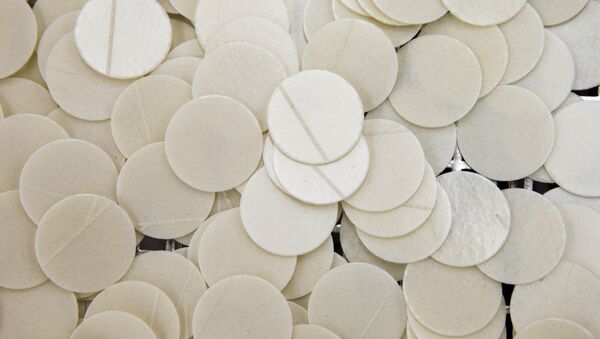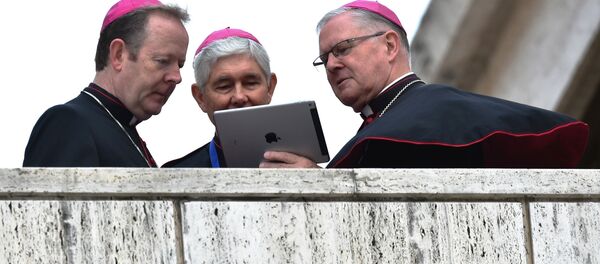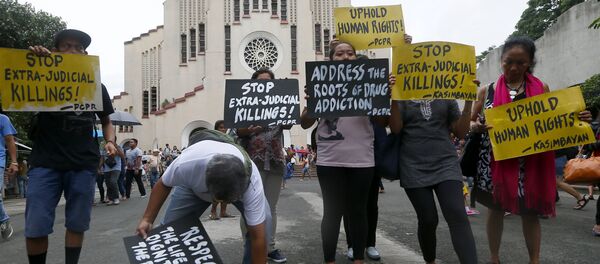The 14-year-old doctrine only recently garnered attention worldwide after Vatican Radio chose to publish Pope Francis’ letter to remind Diocesan Bishops "that it falls on them above all to duly provide for all that is required for the celebration of the Lord’s Supper."
According to the letter, bread and wafers used in the sacrament "must be unleavened, purely of wheat and recently made so that there is no danger of decomposition," further adding that any "hosts that are completely gluten-free are invalid matter for the celebration of the Eucharist."
Citing how easily Eucharist bread and wine were to obtain, “even over the internet,” Cardinal Robert Sarah of the Congregation for Divine Worship and the Discipline of the Sacraments, stated the detailed guidelines were needed and much overdue.
"Until recently, it was certain religious communities who took care of baking the bread and making the wine for the celebration of the Eucharist," the congregation leader stated. "Today, however, these materials are also sold in supermarkets and other stores."
The church did however state that a low-gluten sacrament would be allowed as long as it has a “sufficient amount of gluten to obtain the confection of bread” and falls in line with its other rules for Eucharistic bread.
Catholics who are unable to handle even extremely small doses of gluten are allowed to receive just wine, though just like the bread, the wine must also not be tampered with. For people who can’t tolerate wine, there’s the option to drink mustum, a thick unfermented grape juice that is considered a "valid matter" by the Church.
While many followers intend to follow the Vatican’s calls, some members of the community aren’t thrilled about the directive.
Brock Mix, a former Catholic and now youth minister at Living Springs Christian Fellowship, the directive is disappointing and may likely leave many others feeling limited.
"It’s kinda disappointing that they would go that route with the tradition after the 1960s, which was all about updating the church and bringing it to the foreground so that it’s relevant in the culture and relevant in this kind of modern/postmodern society," Mix told CBC news.
With an estimated 1.27 billion Catholic followers worldwide, according to Vatican figures, Pope Francis’ calls are likely to cause a few ripples.



